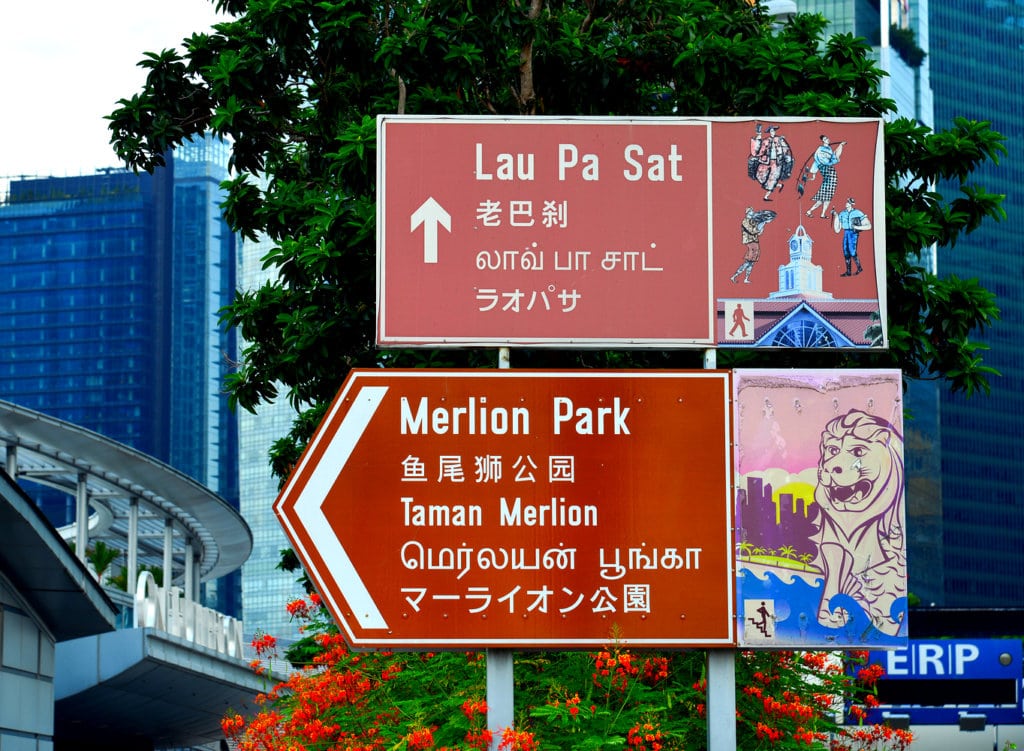The Singapore government is resolute in its commitment to using Tamil as an official language, Cabinet minister S Iswaran has said in an interview published in a book that was released on May 13 , PTI reported.
The book, titled The Tamil Community and the making of Modern Singapore, was launched by Singapore’s Foreign Minister Vivian Balakrishnan on May 13. It quotes Iswaran, the minister in charge of trade relations as well as communications and information, as saying that the government’s policy position and support for Tamil is clear. “The rest is in the hands of the community, especially our youths, to embrace the language, use it in everyday life and make it a living language,” he was quoted as saying.
S Iswaran, Singapore’s Communications and Information Minister.
Iswaran added that engagement of the younger generation in an effort to celebrate the Tamil language and culture can be achieved through a Tamil Language Festival in the country.
Tamil is one of Singapore’s four official languages used in parliament, and is taught in schools as a subject. It is also featured on currency notes, along with English, Chinese and Malay.
The book, which details the early days of the arrival of Indians in Singapore as sepoys, laborers, traders, money lenders, and civil servants, has been authored by two Non-Resident Indians — Online Voice editor-author Soundara Nayaki Vairavan and veteran local journalist AP Raman.
According to the book, India was the main source of unskilled labor and indentured laborers for Singapore during the colonial rule. The Indian migrants were used to build infrastructure in the country.
Indian convicts were sent to Bencoolen in Sumatra, and Penang in northern Peninsular Malaysia, by the colonial government as far back as the 1790s. The book cited scholars as saying that by the 1830s, Singapore as well as Peninsula Malaysia’s Malacca and Penang port cities were penal colonies under the British colonial rule.
The book, which references a number of researches, says that South Indians, especially Tamils, had little educational background and were ready to accept low pay and poor living conditions. After the colonial rule ended, Singapore progressed economically and the Tamils subsequently became part of the prosperous society.
The book also talks about the major contributions made to modern-day Singapore society by Sellapan Ramanathan, also known as SR Nathan, who served as the sixth president of Singapore from Sept. 1, 1999 to Aug. 31, 2011.
